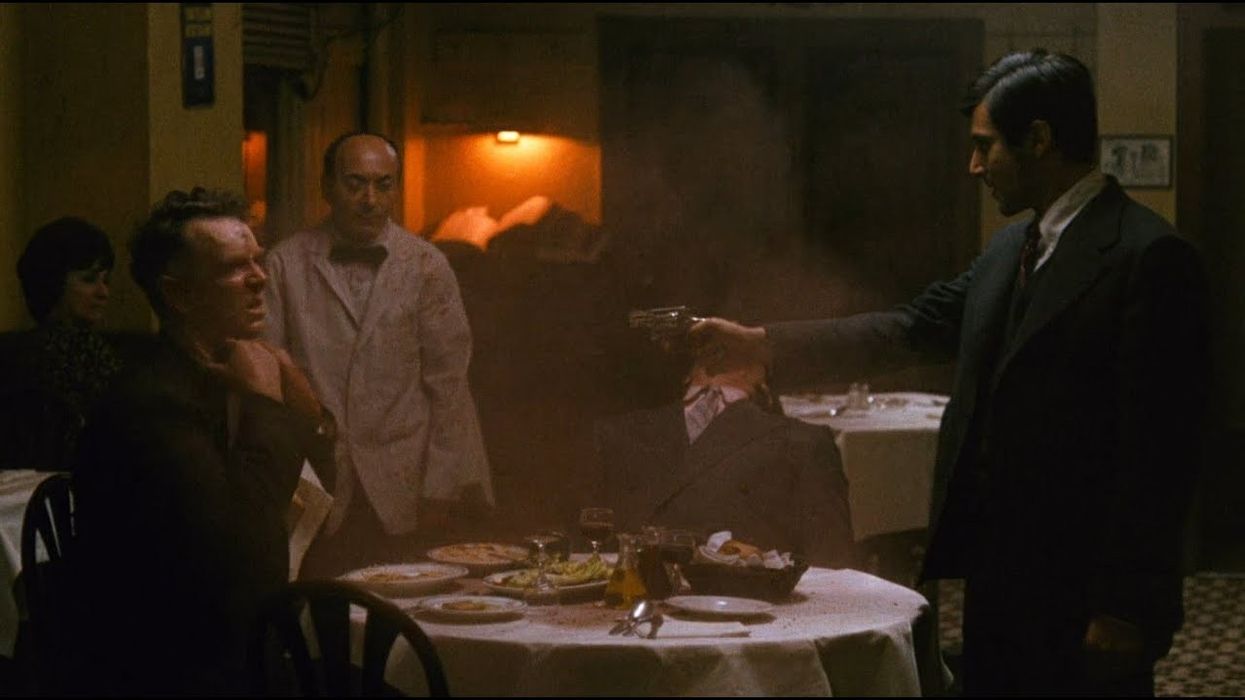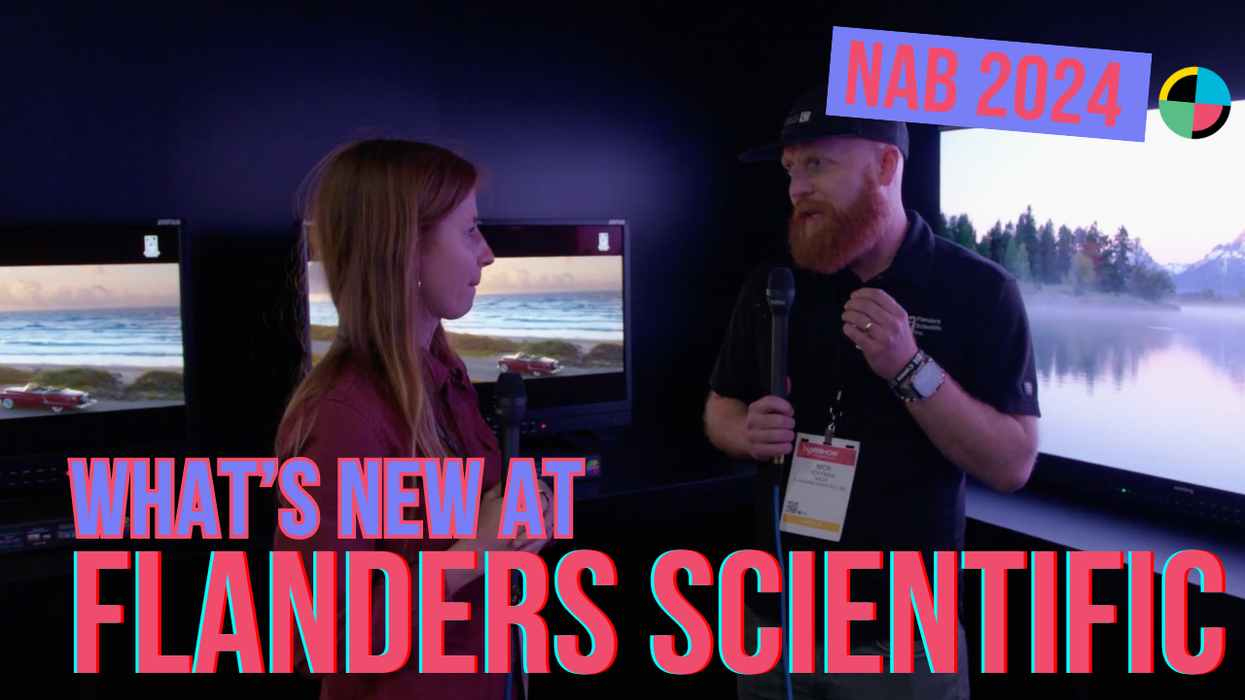6 Ways Your Screenplay Midpoint Can Save Your Story
Your screenplay midpoint is the key to your story's success.

A screenplay's midpoint is either where your story engine stalls out and dies or where you kick it into a new gear you didn't have and race to a perfect finish.
Obviously you want to do the latter. But how?
So many writers and scripts struggle with this. Today we're going to help you get past it.
The middle of the script is where it all changes. We'll show you how to execute that.
But first...
What's a midpoint?
Midpoint definition
The Midpoint is a major plot point that happens in the middle of the screenplay. This plot point moves the protagonist closer to (or farther from) their goal.
Go a little deeper...
As you can tell from our Story Map, the parts of your story you've entered when you write the midpoint are...
1. Reassess the Problem - You’re at the middle. Is there another way to get it done?
2. Try and Fail - Things begin to fall apart, can they handle it?
But how can you reassess as well as try and fail without knowing which marks to hit?
The 6 tips
Now that you understand the midpoint, let's look at the six strategies you can employ to spice up that part of your screenplay and give the reader a new experience that not only keeps them in the screenplay. but builds the momentum you need you keep the story going.
Let's dive in.
6. A False Ending
One strategy to employ when tackling the midpoint of your story is engaging the audience with a false ending. You see everything suddenly going the characters' way. This will allow you to lull the audience into thinking the story is almost over and also allow you to pull the rug out from under them and to change the narrative.
In a movie like Schindler's List, this is when everything is going well for Schindler and the Jews. He has them safe and working and the Germans don't test him. Then Goethe and his regime roll up, liquidate the ghetto and put people into concentration camps.
It looks like it's all over...until Schindler begins to make his list and save people one by one.
This also works in a different genre, like the gangster and crime one.
In The Godfather, Michael confronts the men who orchestrated the hit on his father in a restaurant. He kills them and leaves, thus effectively creating an ending to the movie, but really this is just the midpoint that propels Michael into becoming a mafia man.
5. A New Way to Win
In much of my own work, I consider the midpoint a place where I like to change the story. It's where our characters realize that if they are going to surmount the odds or beat an enemy, they need a new way to win.
Take Avengers: Endgame for example.
The midpoint there is when they lose the Infinity Stones in 2012 and realize that only Cap and Tony know where they might be...1970s New Jersey. This dedication to trying to achieve the same goal with a new initiative sets us up for whatever happens next.
It refreshes the idea and keeps the audience looking forward.
4. A False Victory
Much like the false ending, a false victory places the characters in a world where they've kicked so much ass in the first and second act that we have been lulled into safety. The audience could be ready to pack up and go. The reader could think the story is about to end. But then you hit them with the gut punch that changes everything.
In Titanic, Rose and Jack have escaped her family, danced their jog, had sex in a car, and promised to love each other forever.
That's when a goddamn iceberg hits and throws everything off course.
A new movie begins after that moment.
One of the scenes I adore is when Maximus introduces himself to all of Rome. This midpoint is badass because you think this is it. Everyone knows he's alive. He's accused the Emperor of conspiring to kill his father, and his own army sees him as their leader.
But despite this declaration of who he is and what he's seen, the movie changes pace to almost a political thriller as the Emperor and Maximus work behind the scenes to overthrow one another.
3. Who Are We Actually Fighting?
Our midpoint of midpoint dissection is all about new information. What can people learn at the midpoint of your script that changes everything? One of my favorite tropes here is the introduction of a new villain.
Sometimes that villain even changes the genre of the screenplay.
Like how Alien goes from space thriller to monster movie.
Some of the best twists involve figuring out the actual villain. In Lethal Weapon, it's when we learn this is not just an average LAPD case, it's the story of Special Forces from Vietnam systematically killing people to make money in the drug game.
All thanks to someone named Dixie's house exploding.
2. The WTF moment
Who doesn't love a good WTF moment?
Want to really keep your reader or audience invested in the story? Create a midpoint where shit hits the fan in a way no one saw coming. Kill off a main character like they do in Psycho or bring one back...
(SPOILERS)
...like they do in Gone Girl.
Gone Girl's reintroduction to the missing Amy is a mic drop of a moment. It was an epic part of the book and it really popped within the movie. Once we realize Amy is alive, the story takes a new turn. It's no longer about an investigation, now it's about who lives and dies.
Another great midpoint comes as a way to change decades and leaves us in a WTF moment.
It's the New Years Party from Boogie Nights.
This party involves a murder that is completely unexpected and surprising. Once it happens we know the innocence has been lost and the party is over. It signifies a tonal change all with one gunshot.
1. Montage Me
Lastly, sometimes the midpoint just needs to move the plot and character arcs forward.
To do that, many writers employ montage.
Montages are nifty tools when you want to sneak a bunch of emotional moments together. Like in any rom-com, where you need to see a relationship to develop, or in an action movie when you’re trying to show the team preparing for a big event coming their way.
Lots of them happen in the middle or toward the end like training montage in Creed.
For a movie like Mud, it moves the time these characters have spent together forward and pushes the bond between characters to new heights.
In Nightcrawler, this is where we learn our intrepid characters have gotten good at covering the news.

What's next? Worry about your Inciting Incident!
The inciting incident is the most important thing in the first act of your film or TV script. But what is it and how can you make yours memorable?

 No Film School's coverage of
No Film School's coverage of 









